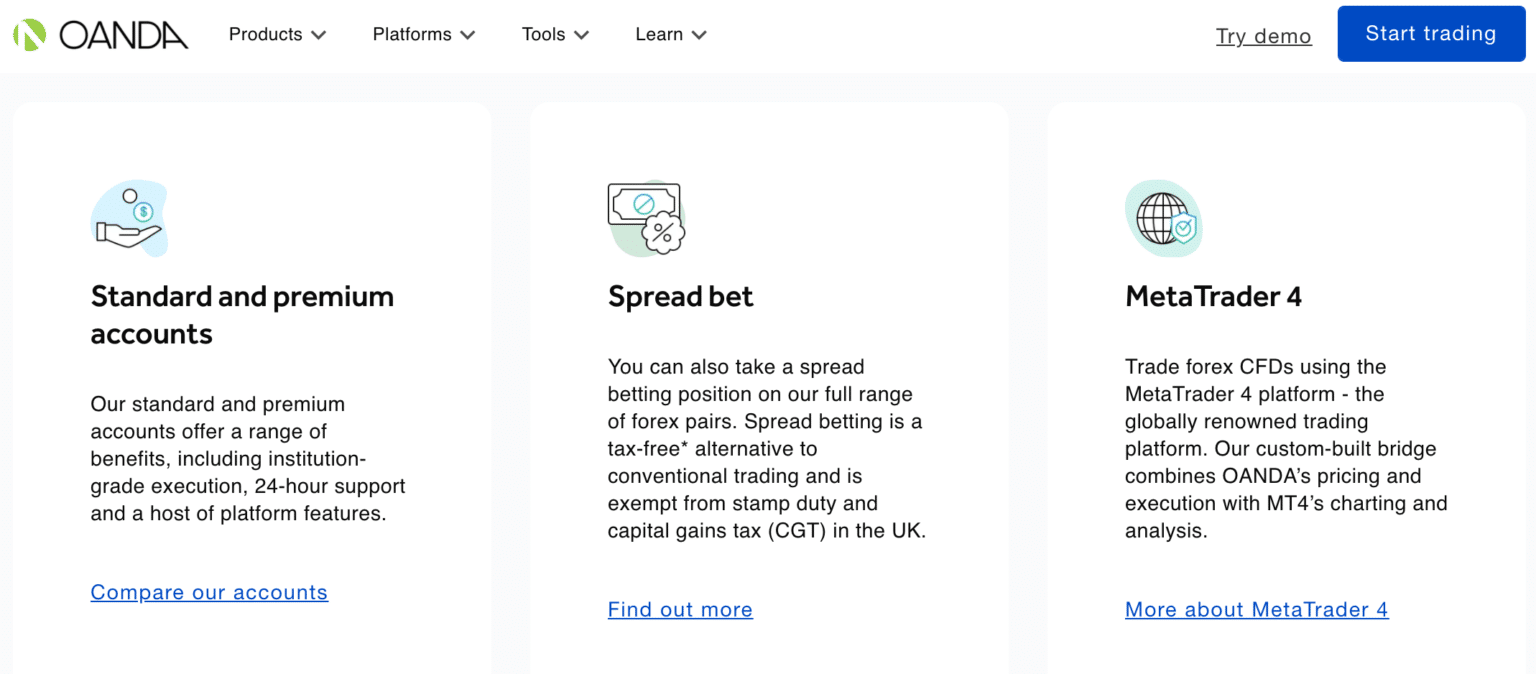Introduction
The forex market, short for “foreign exchange market,” has become increasingly popular in recent times due to its accessibility and the opportunity for potential profits. In Canada, forex trading is regulated by the Investment Industry Regulatory Organization of Canada (IIROC), which ensures the credibility of forex brokers operating within the country. With numerous forex brokers available in Canada, choosing the best broker to meet your trading needs can be challenging. This comprehensive guide is designed to equip you with the essential knowledge to navigate the Canadian forex broker landscape and make an informed decision.

Image: hercules.finance
Factors to Consider When Evaluating Forex Brokers in Canada
1. Regulation and Security:
Verifying a broker’s regulatory status is paramount. The broker should be registered with IIROC or another reputable regulatory body. A regulated broker adheres to strict guidelines, ensuring the safety of your funds and adherence to fair trading practices.
2. Trading Platform and Features:
The trading platform plays a pivotal role in your forex trading experience. Evaluate the platform’s user-friendliness, trading tools, charting capabilities, and order execution speed. Some advanced platforms offer sophisticated features such as automated trading and news feeds.
3. Spreads, Fees, and Commissions:
Forex brokers charge various fees, including spreads (the difference between the bid and ask prices), commissions, and account maintenance fees. Choose a broker with competitive spreads and minimal fees that align with your trading strategy and account balance.
4. Education and Customer Support:
Educational resources and reliable customer support can significantly enhance your trading journey. Look for brokers that provide educational webinars, market analysis, trading guides, and responsive customer support to assist you whenever needed.
5. Account Types and Minimum Deposit:
Forex brokers offer different account types tailored to varying levels of experience and account balances. Consider your trading needs and budget when selecting an account type. Some brokers may have specific minimum deposit requirements that you need to fulfill before starting to trade.
6. Payment Methods:
Ensure that the broker offers convenient payment methods that align with your preferred banking options. Popular payment methods include bank transfers, credit cards, and e-wallets like PayPal.
7. Market Research and Reviews:
Before committing to a specific broker, conduct thorough market research and read online reviews. Seeking feedback from other traders can provide valuable insights into a broker’s reliability, customer service, and overall reputation.
Top Forex Brokers in Canada for 2017
Based on the aforementioned factors, here are some of the top forex brokers operating in Canada for 2017:
1. AvaTrade:
AvaTrade offers competitive spreads, a user-friendly platform, extensive educational resources, and excellent customer support. It’s a well-respected broker suitable for both beginners and experienced traders.
2. FXCM:
FXCM is a leading forex broker with a user-friendly platform, tight spreads, and access to various trading tools. Its educational resources and market analysis are highly regarded within the industry.
3. OANDA:
OANDA boasts advanced trading platforms, low spreads, and a strong emphasis on transparency. It’s an excellent choice for experienced traders seeking a sophisticated trading environment.
4. Interactive Brokers:
Interactive Brokers offers a comprehensive trading platform with extensive features and competitive fees. It’s ideal for active traders who demand sophisticated trading capabilities and deep market liquidity.
5. TD Direct Investing:
TD Direct Investing provides a convenient trading experience for clients of TD Bank. It offers a user-friendly platform, educational resources, and dedicated support for Canadian traders.

Image: www.forexcrunch.com
Best Forex Broker Canada 2017
https://youtube.com/watch?v=KLec7lwY9Lw
Conclusion
Selecting the best forex broker in Canada for 2017 requires comprehensive evaluation of regulation, trading platform, fees, educational support, and other relevant factors. By considering the information presented in this guide, you can make an informed decision that aligns with your trading style, experience level, and budget. Remember to conduct thorough research, consult online reviews, and choose a broker that prioritizes security, transparency, and exceptional customer service.






